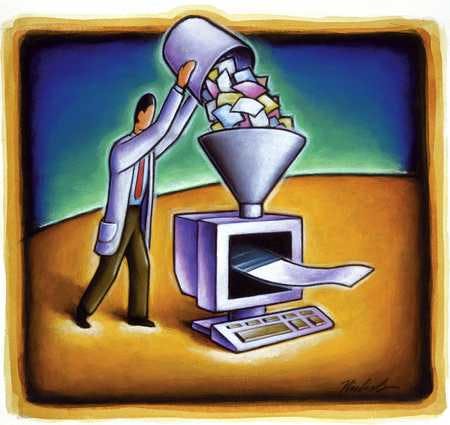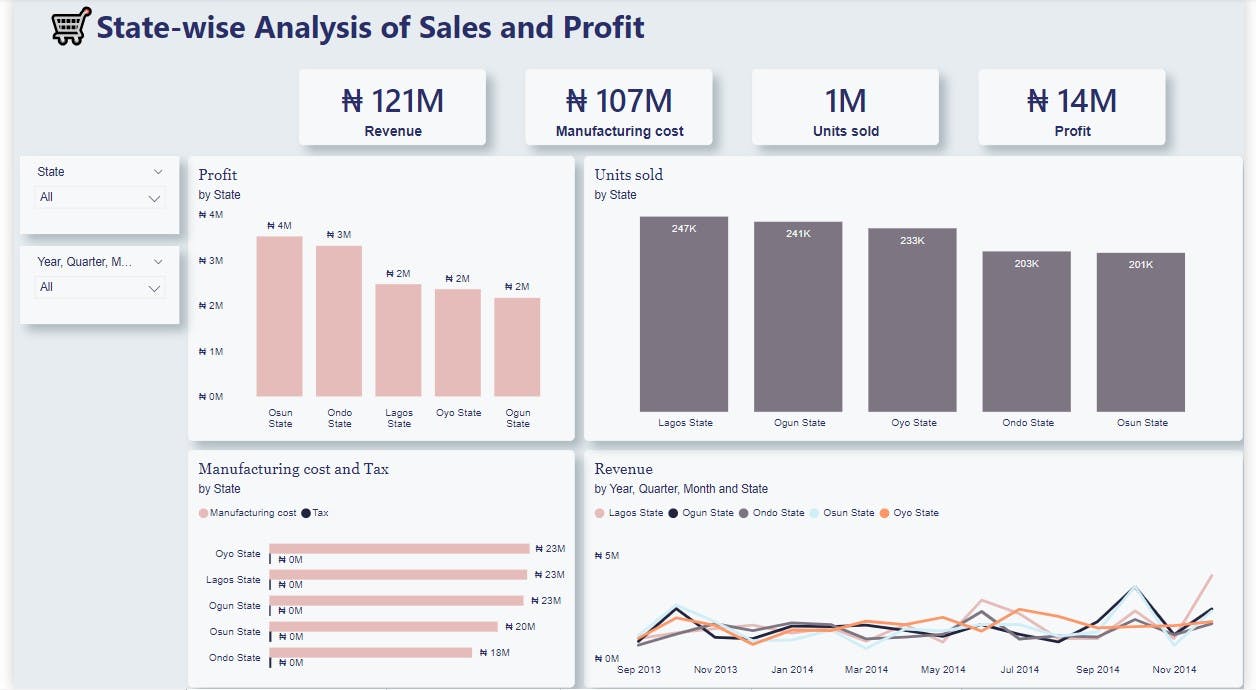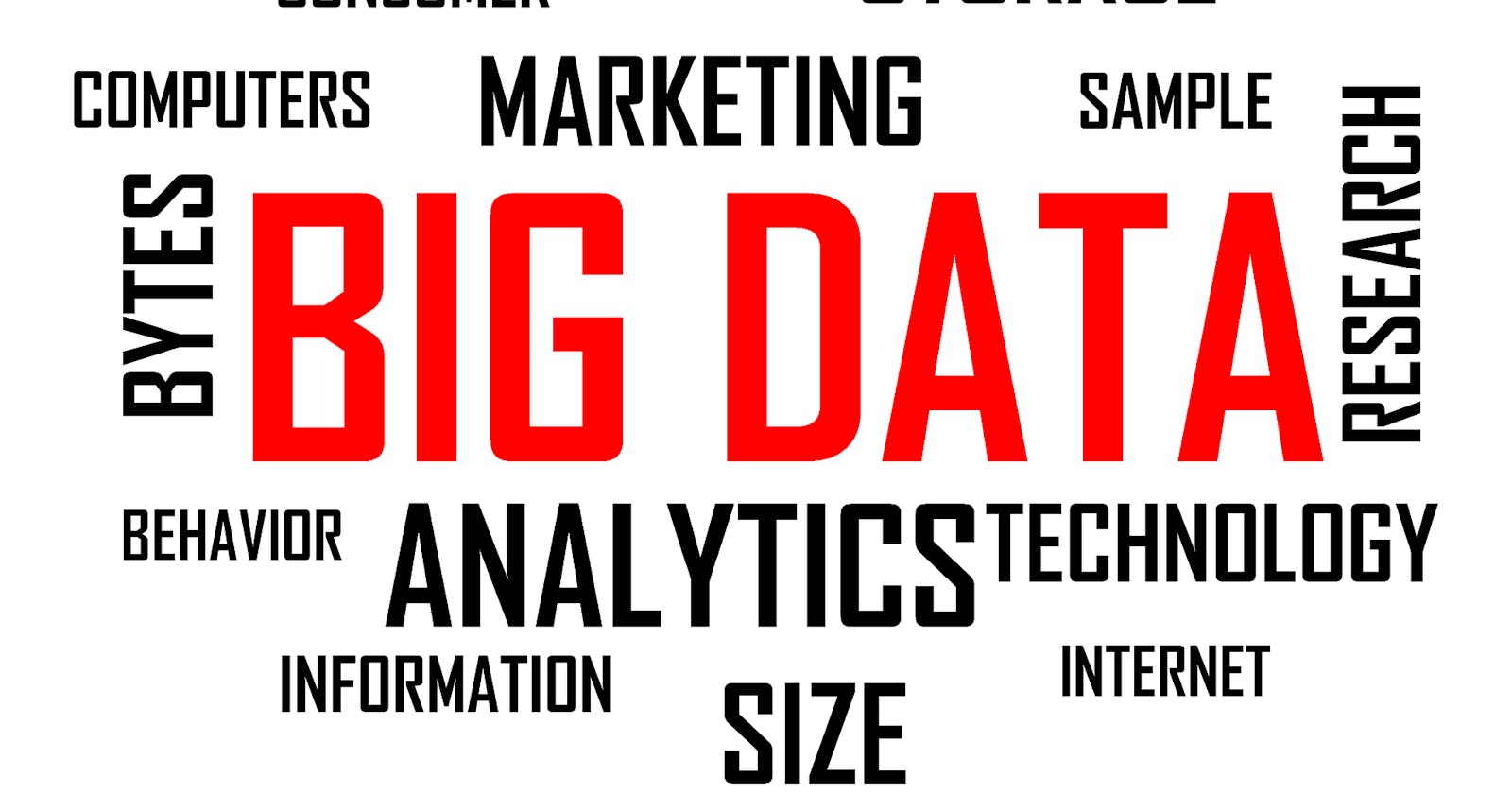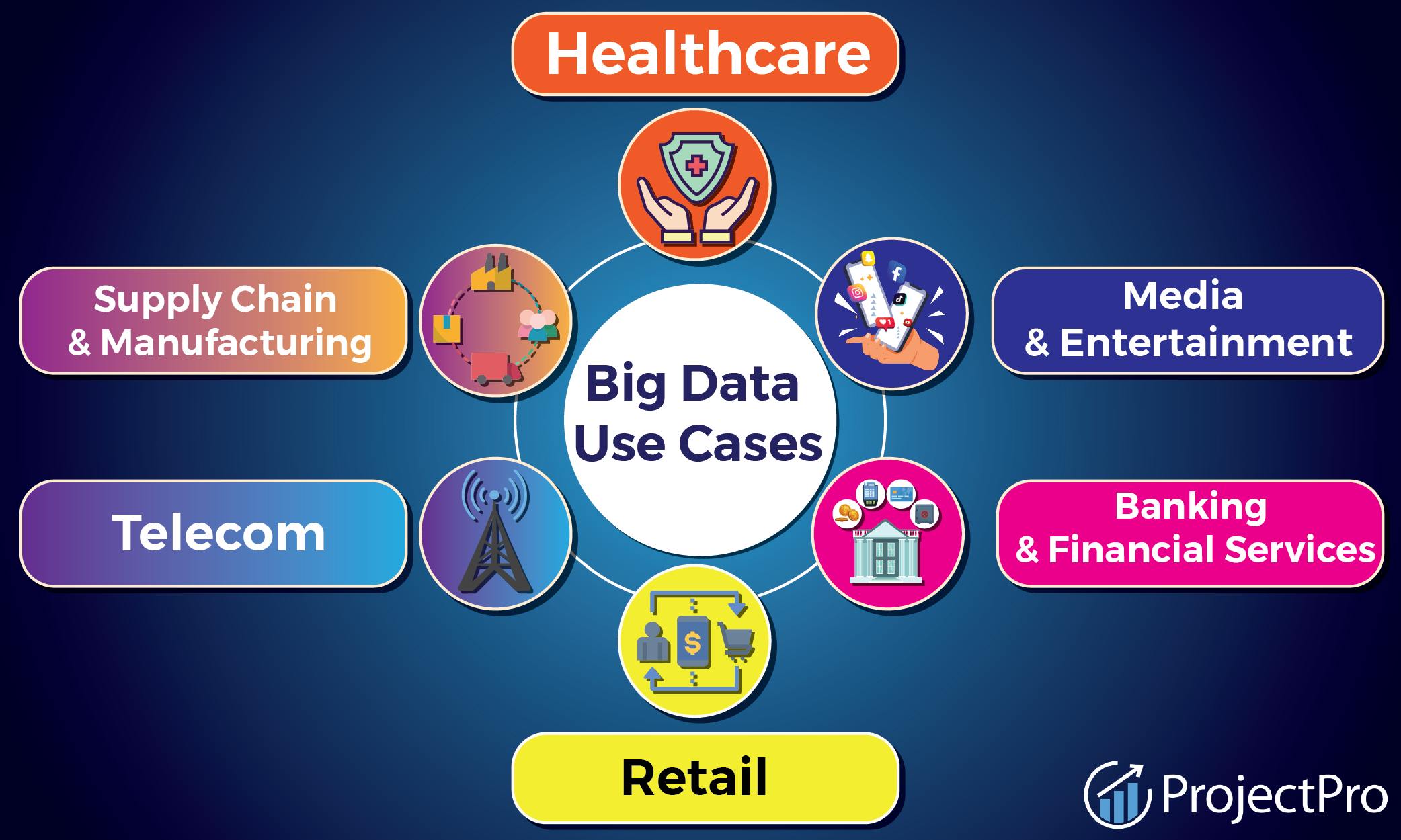Table of contents
Introduction
We all use smartphones, but have you ever considered how much data they generate through texting, calling, emailing, online shopping, social media engagement, streaming music and videos, and more? The list is endless. Data is dynamic since it is growing every day. This enormous amount of information, which has fundamentally altered how businesses make decisions, is called "big data". Let's examine the fundamentals of data, data analysis, and big data and see how they affect how businesses make decisions.

Defining Data, Data Analysis, Big Data, and Data Collection
Data: Any information that can be gathered, saved, and examined is referred to as data. This includes facts, numbers, pictures, and text. It could be words in a document, numbers in a spreadsheet, or pictures on an electronic device.
Data Analysis: Data analysis is a process of inspecting, cleansing, transforming, and modelling data to uncover meaningful insights and patterns. It helps businesses understand trends and make informed decisions.
Big Data: Big Data is the term used to describe vast amounts of data that are too complicated to manage with conventional data processing techniques. It is defined by five Vs: volume, velocity (the rate at which data is generated), variety (the range of data types), veracity (integrity and accuracy of the data), and value (target audience, reduced cost, improved customer experience).
Data Collection: Data collection is the process of gathering data from multiple data sources, either for research, analysis, or decision-making.

How Decisions Have Changed.
Traditionally, businesses relied on gut feelings and intuition to make decisions. Our lives have been affected by technological evolution, as businesses can now base their choices on concrete evidence and insights drawn from analyzing vast amounts of data. This shift has led to faster, more informed decision-making processes. Let me use this scenario as an example: As a sales data analyst, I get requests from stakeholders in the business wanting to know how certain regions, salespersons, and products are performing, and they make their decisions based on what the data is saying. This is what we call a data-driven decision, as you don’t need to rely on gut feelings.


The Role of Data Analysis
Data analysis involves using analytical tools, and statistical methods, to draw valuable insights, identify trends, and predict outcomes. By analyzing data effectively, businesses can explore new areas of possible business growth or expansion, reduce risk, and optimize their operations. My job as a data analyst is simply to uncover insights and hidden patterns in the data to help business stakeholders and heads of functions make informed business decisions.

Applications of Big Data.
Big data is used across a wide range of industries, ranging from media, entertainment, Sports, Education, Transportation, Agriculture, retail, healthcare, finance, manufacturing, etc. For example, retailers use big data to personalize marketing campaigns and improve customer experiences, while healthcare organizations leverage it for predictive analytics and disease management.
Challenges and Considerations
Although big data offers many benefits, it also has significant disadvantages. "Having all the information in the world at our fingertips doesn’t make it easier to communicate; it makes it harder. The more information you’re dealing with, the more difficult it is to filter down to the most important bits.” Storytelling with data by Cole Nussbaumer Knaflic
Ensuring the confidentiality of personal information, ensuring data security, and verifying data accuracy are critical tasks for every business enterprise using data, as data is the most valuable asset of an organization. Businesses must make comprehensive plans and implement them properly to address these issues.
Conclusion
The evolution of technology has significantly impacted every facet of human existence. Leveraging the abundant data available in the modern age, businesses can harness this resource to gain a competitive edge. By effectively utilizing big data, businesses can enhance their decision-making processes and maintain a leading position in their respective industries.


